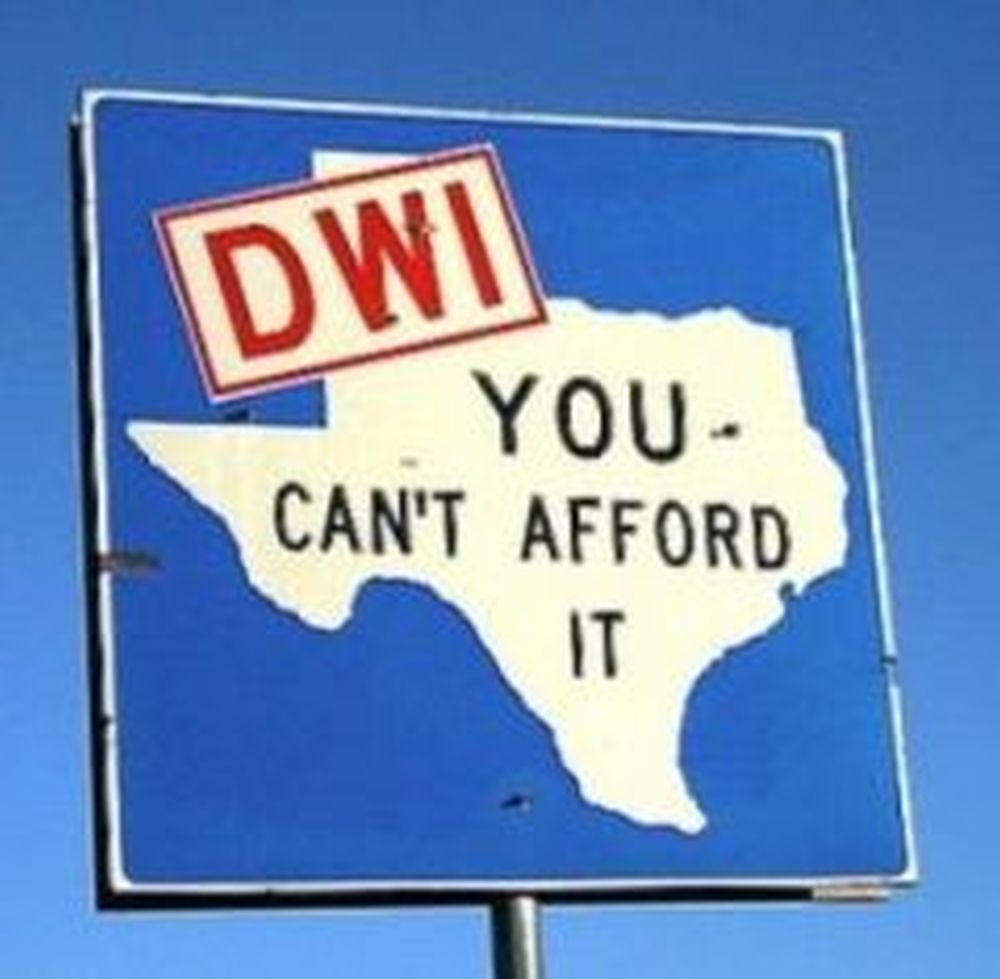You might wonder why states require uninsured motorist coverage. This mandate serves as a critical safety net for drivers, protecting you from financial strain if you're involved in an accident with an uninsured or underinsured driver. It not only safeguards your medical expenses and vehicle repairs but also aims to enhance overall road safety. Understanding the implications of this coverage can reveal deeper insights into how states address the challenges of uninsured motorists. What else is at stake?
When you hit the road, it's vital to understand the importance of uninsured motorist coverage—it protects you from the financial fallout of accidents caused by drivers without insurance. Many states recognize this necessity and mandate uninsured motorist coverage as part of auto insurance policies. Approximately half of U.S. states require this coverage to guarantee drivers are financially protected against the risks of uninsured motorists.
The legal landscape surrounding uninsured motorist coverage varies considerably across the country. Some states compel insurers to offer this type of coverage, while others make it a mandatory purchase. For instance, certain states mandate specific types of coverage, such as bodily injury, while others allow flexibility in what drivers can choose. This patchwork of regulations reflects the diverse needs and concerns of drivers in various regions. Additionally, state regulations often influence how insurance companies develop their policies and pricing structures.
Despite the existence of compulsory auto insurance laws, enforcement challenges persist. Many states struggle with issues like affordability and compliance, resulting in a substantial number of uninsured drivers on the road. States like New Hampshire and Virginia have unique regulations regarding uninsured driving, with penalties that can include fines and license revocation. These disparities highlight the significance of understanding your state's laws and requirements concerning uninsured motorist coverage.
The primary purpose of uninsured motorist coverage is to provide financial protection for injuries and vehicle damage resulting from accidents with uninsured drivers. This coverage also extends to hit-and-run accidents where the responsible driver is unknown. Without this safety net, victims of accidents caused by uninsured drivers could face severe financial burdens, covering medical expenses and vehicle repairs out of pocket. Uninsured motorist coverage effectively bridges the gap when another driver's liability insurance falls short or is entirely absent, as approximately 1 in 7 U.S. drivers lack auto insurance.
There are different types of uninsured motorist coverage to take into account. Uninsured Motorist Bodily Injury (UMBI) covers medical bills, lost wages, and funeral costs for you and your passengers. Uninsured Motorist Property Damage (UMPD) pays for vehicle repairs following an accident with an uninsured motorist, although availability varies by state. Additionally, underinsured motorist coverage complements uninsured coverage by addressing situations where the at-fault driver's insurance limits are insufficient.
Statistically, about one in eight drivers in the U.S. lacks auto insurance, creating a considerable risk for insured drivers. Regions such as Washington, D.C., New Mexico, and Mississippi report remarkably high rates of uninsured drivers, which can place financial strain on the entire insurance system. To combat these issues, states enact laws and strategies focusing on affordability and compliance, aiming to reduce the number of uninsured motorists.
Ultimately, understanding why states mandate uninsured motorist coverage is vital for your protection on the road. It guarantees that you're not left vulnerable to financial hardships due to the irresponsibility of others. By being informed about your state's requirements and the types of coverage available, you can make better decisions regarding your auto insurance policy.
Conclusion
To sum up, while some might argue that uninsured motorist coverage isn't necessary if you're a careful driver, consider this: accidents can happen to anyone, regardless of driving habits. By mandating this coverage, states protect you from the financial fallout of an accident caused by someone lacking insurance. This safety net not only safeguards your medical expenses and vehicle repairs but also contributes to a more responsible driving culture, ensuring peace of mind on the road for everyone.

